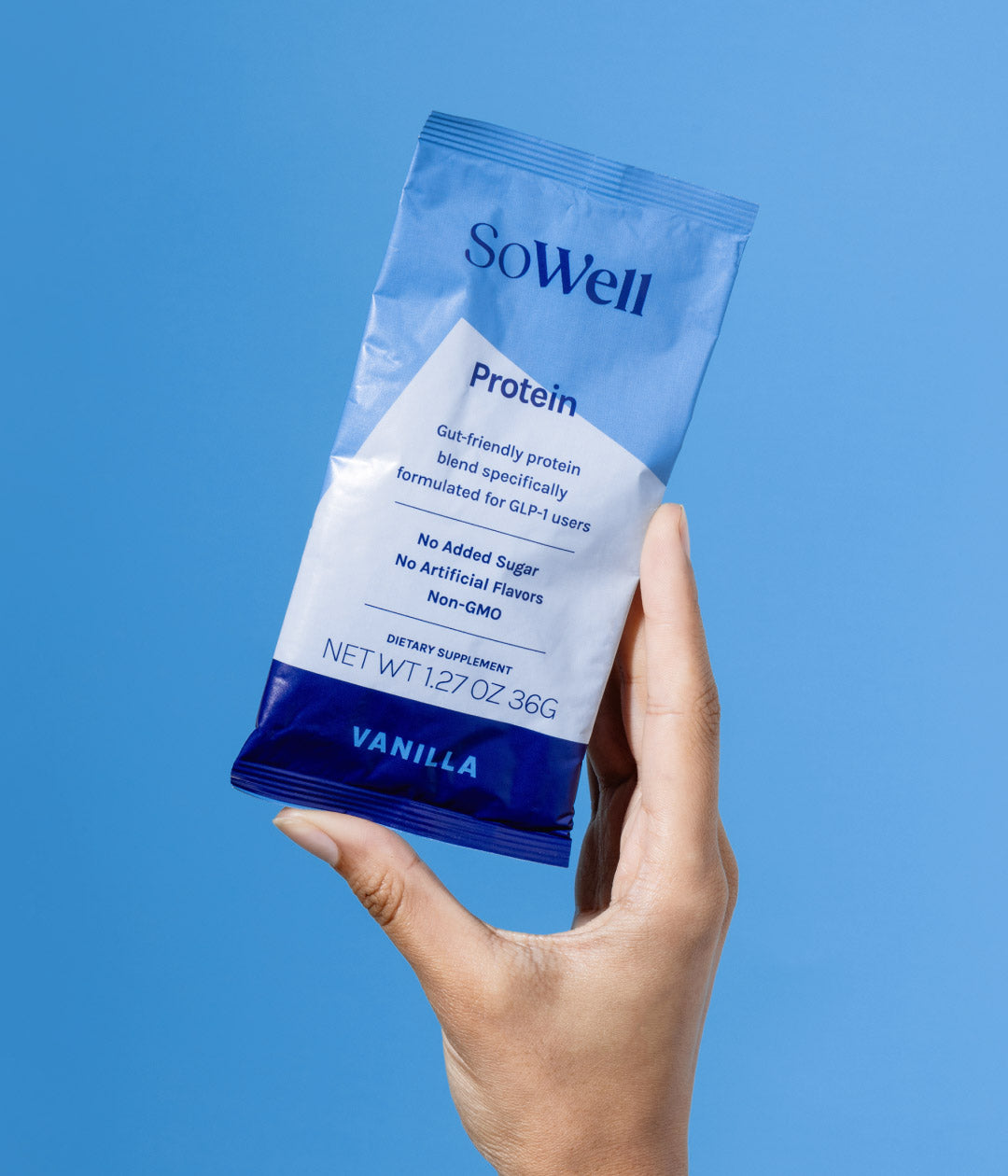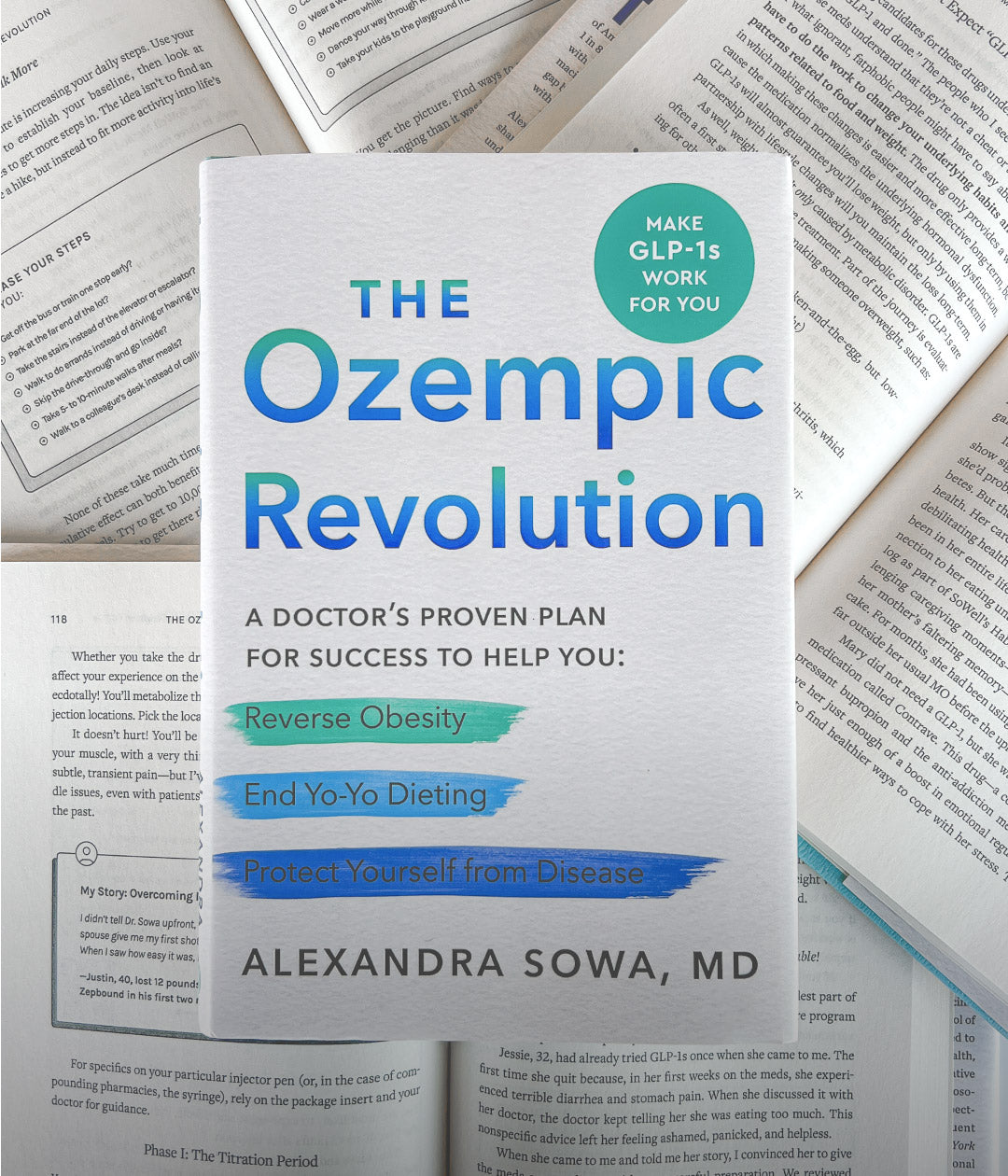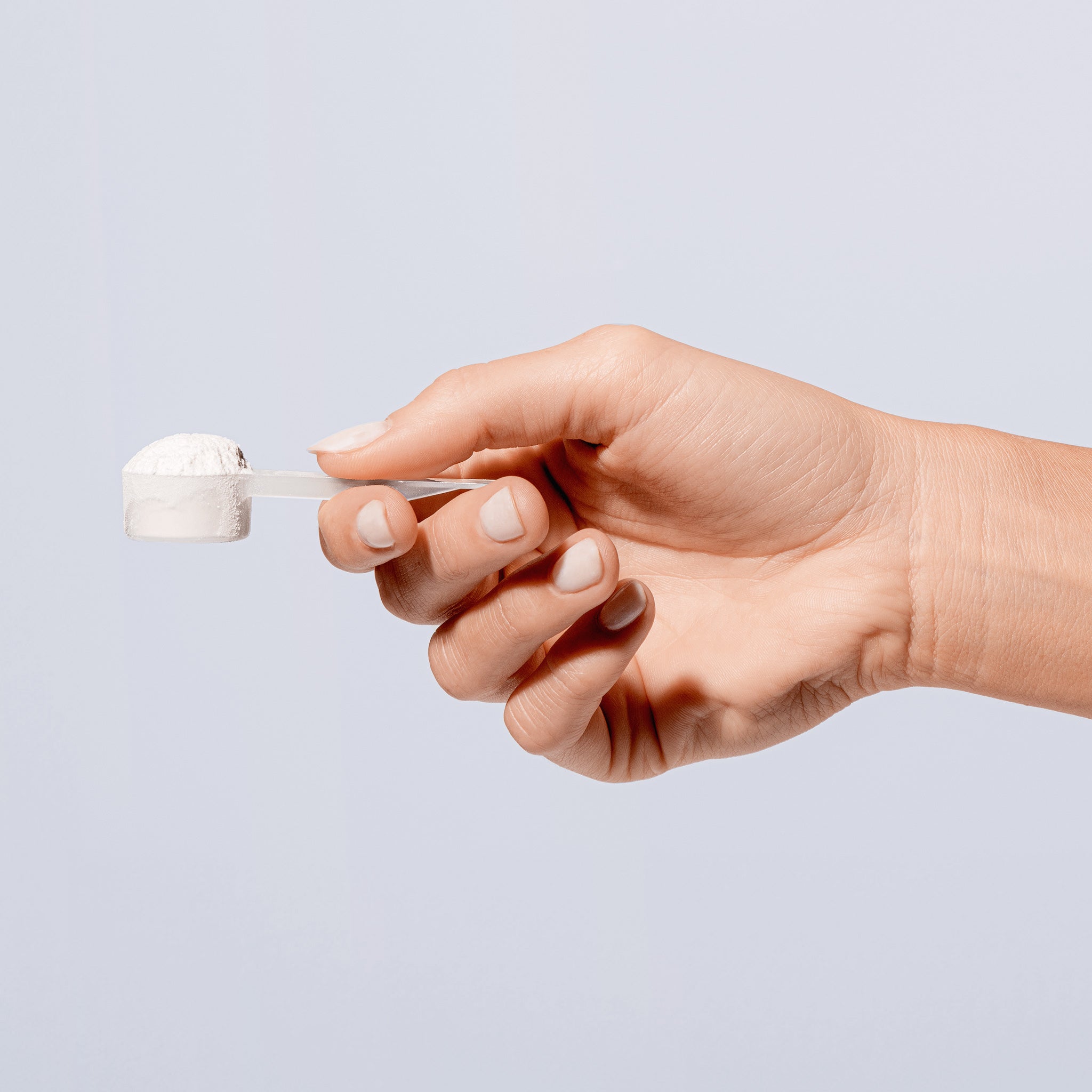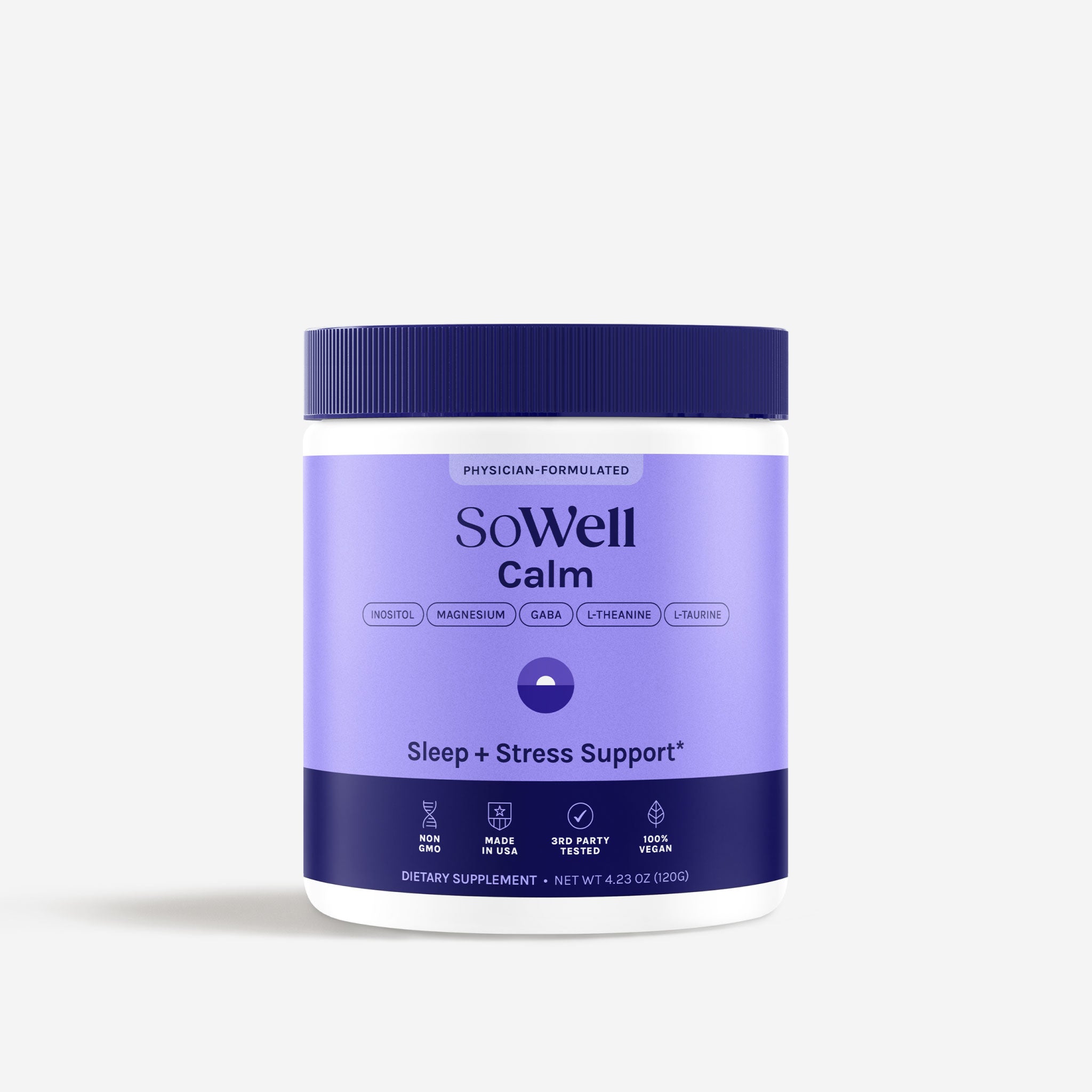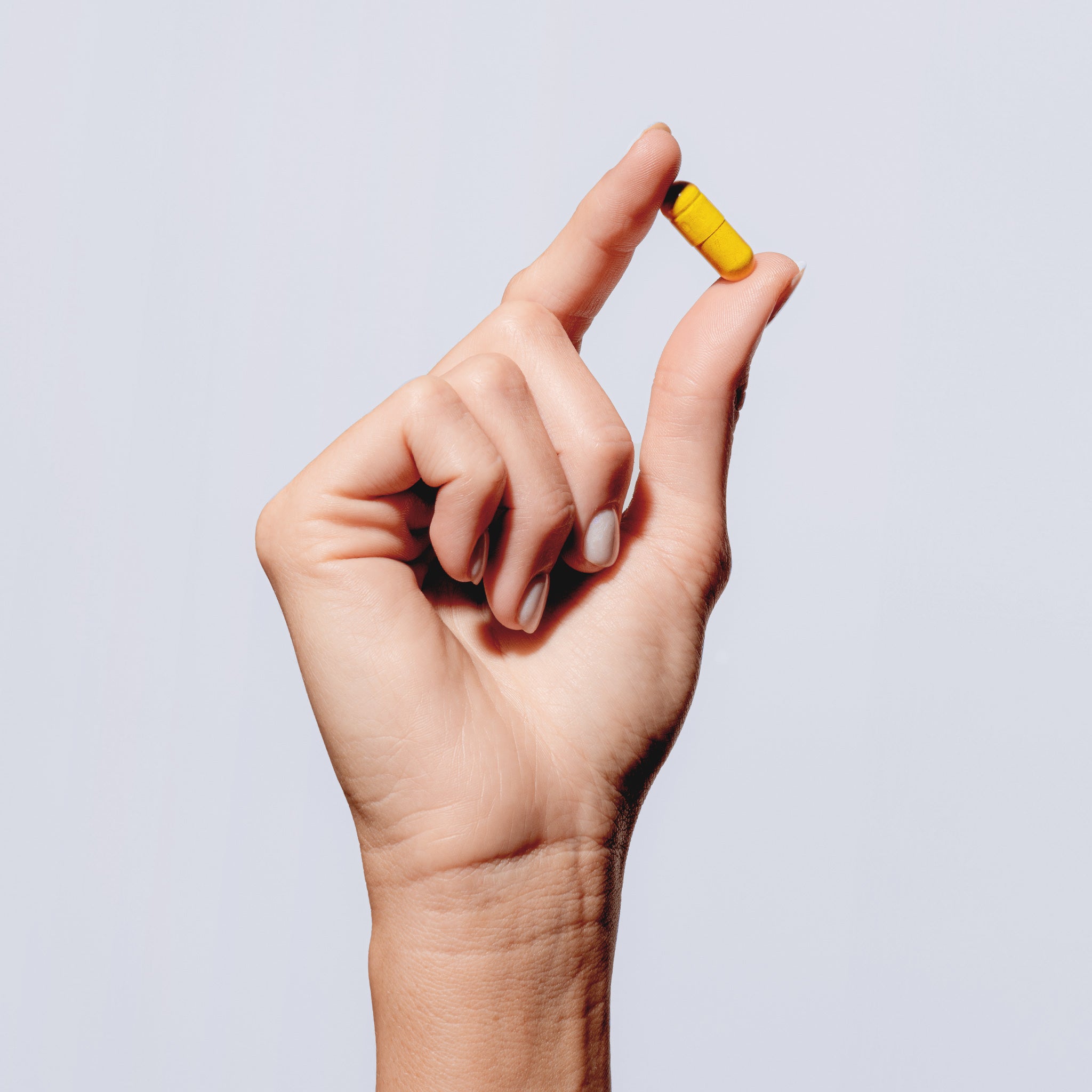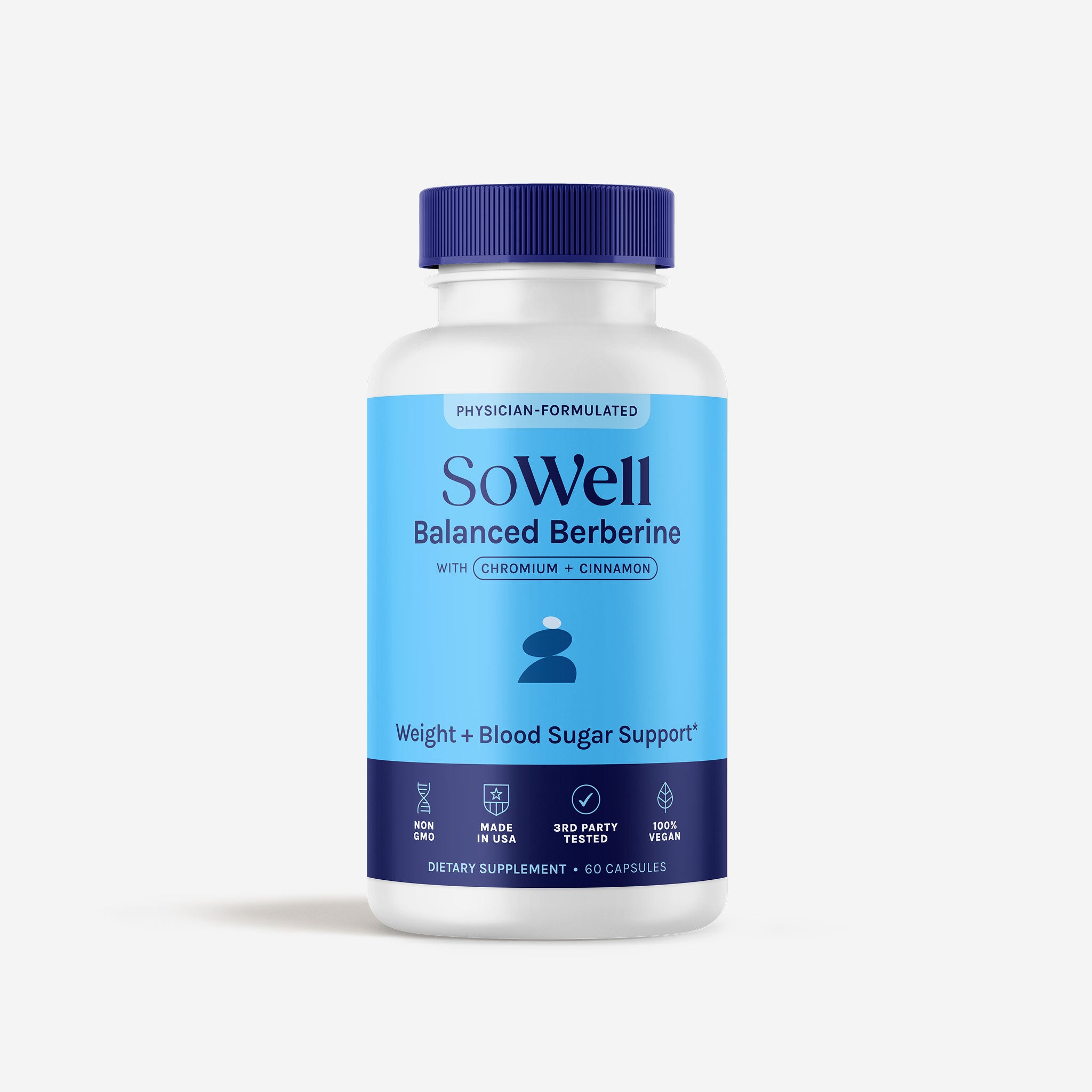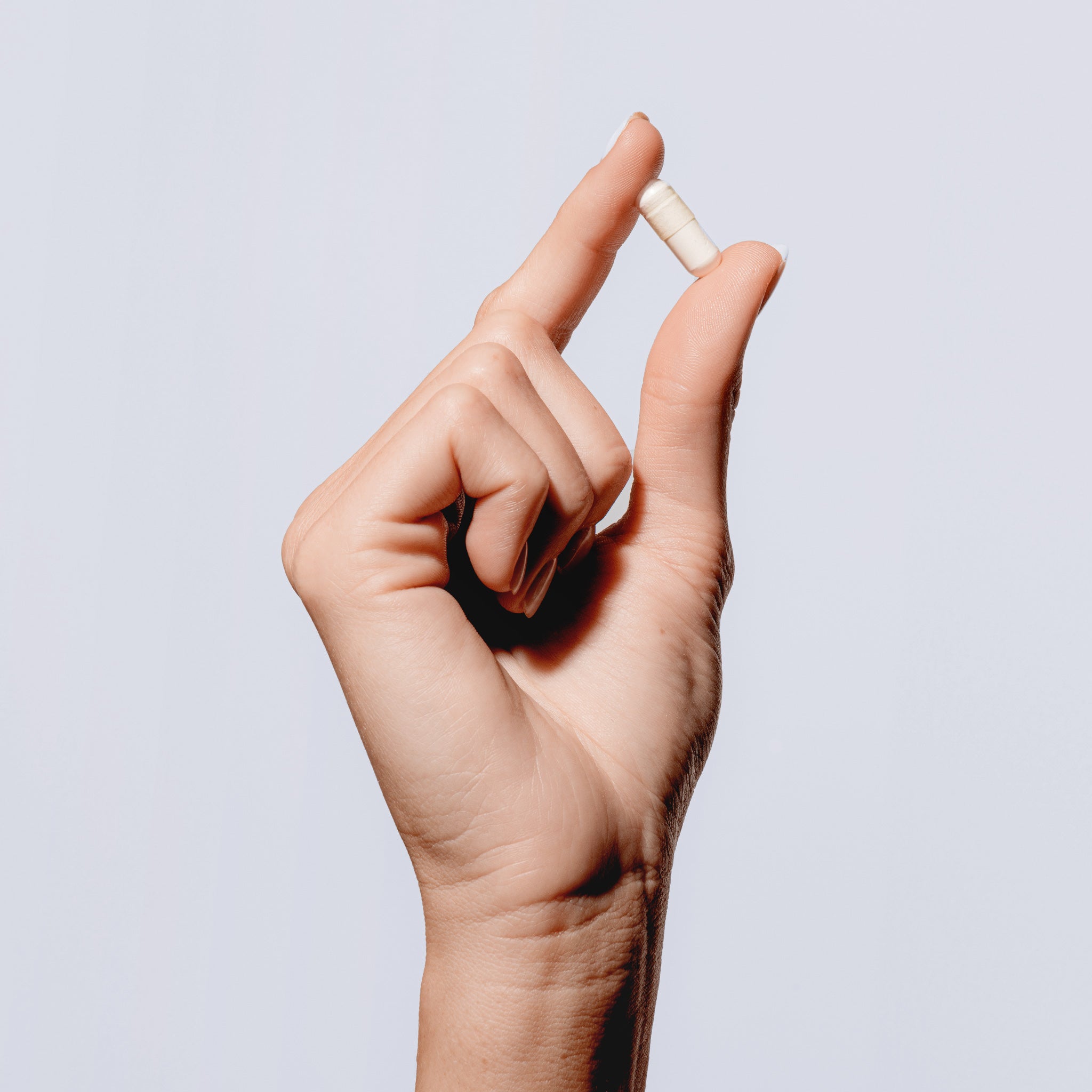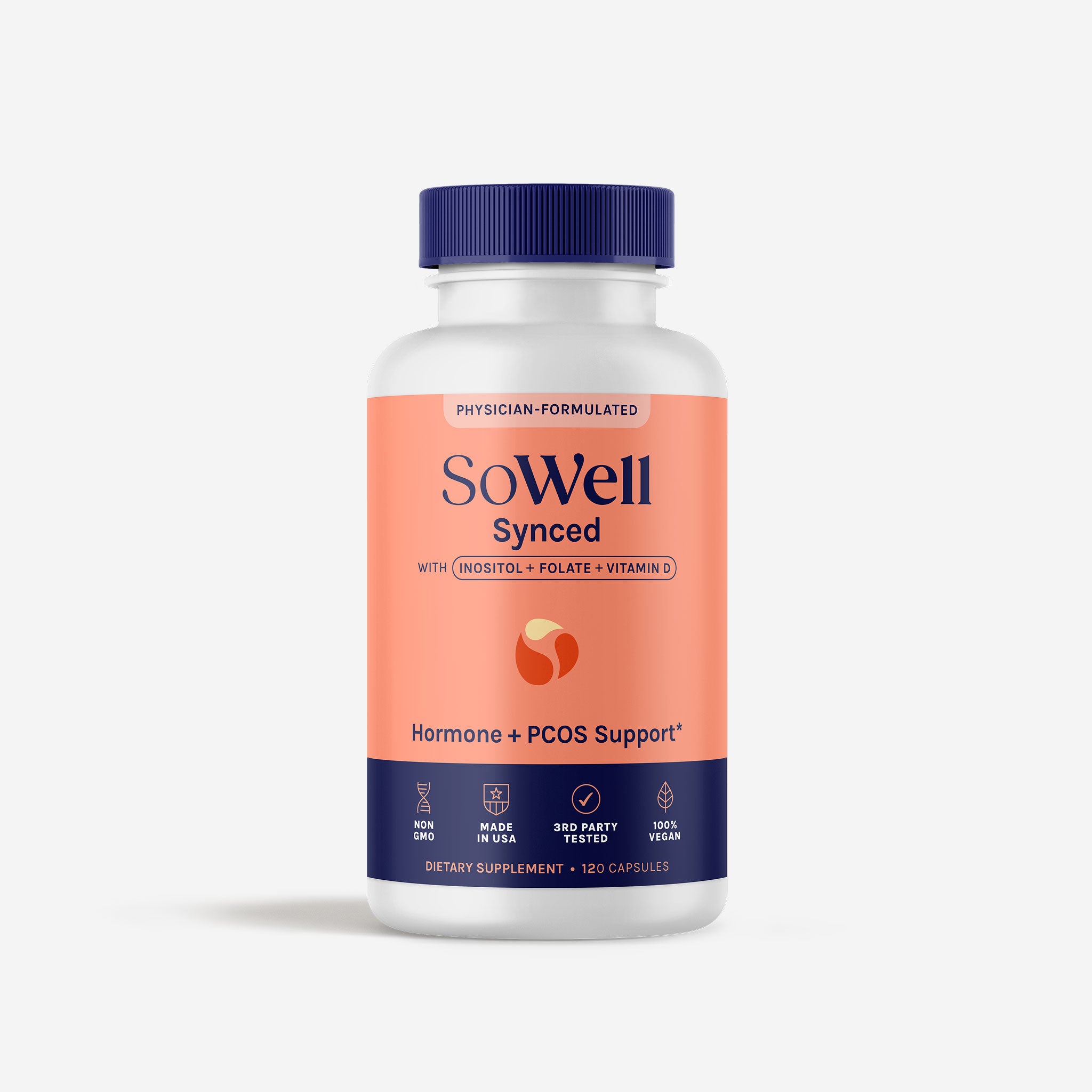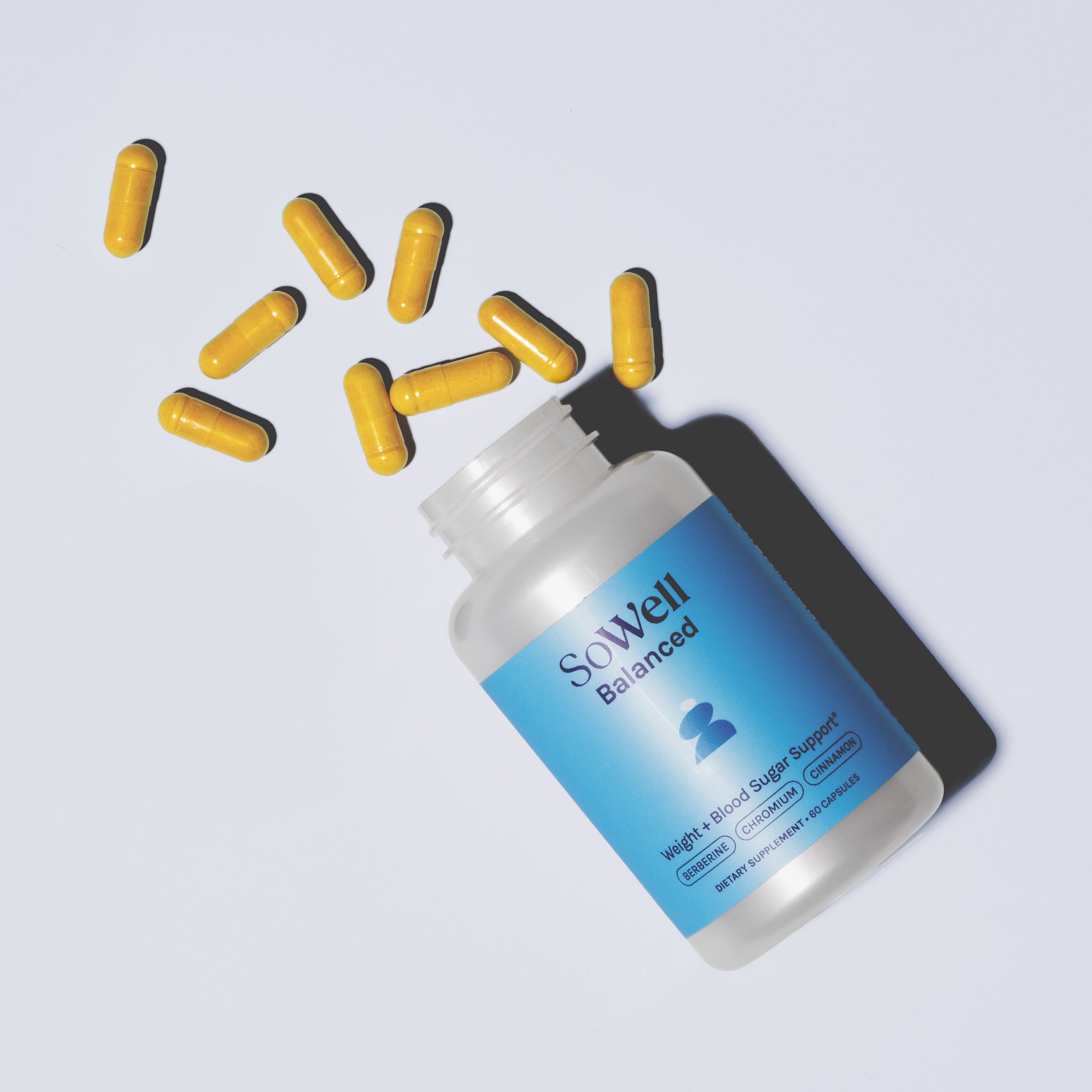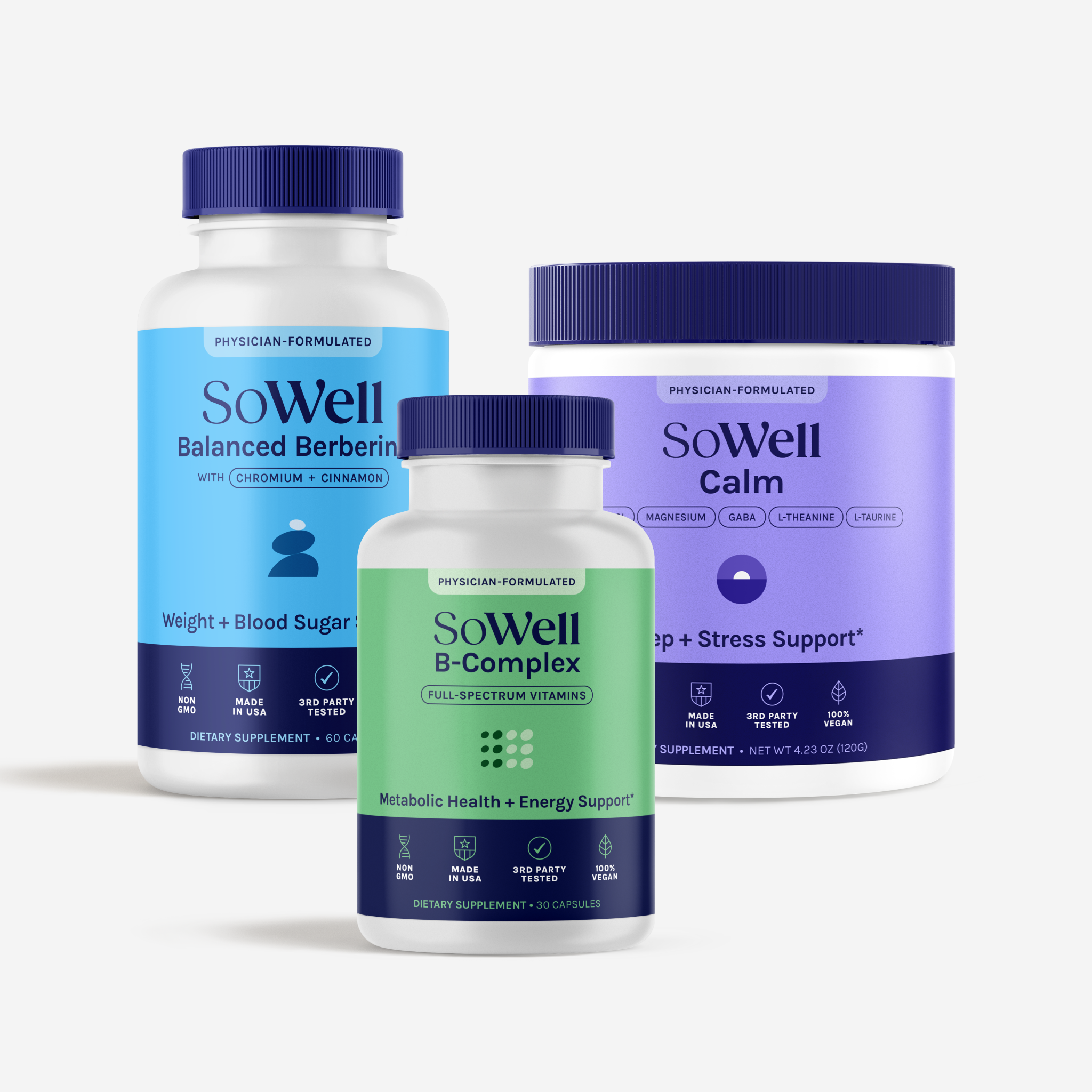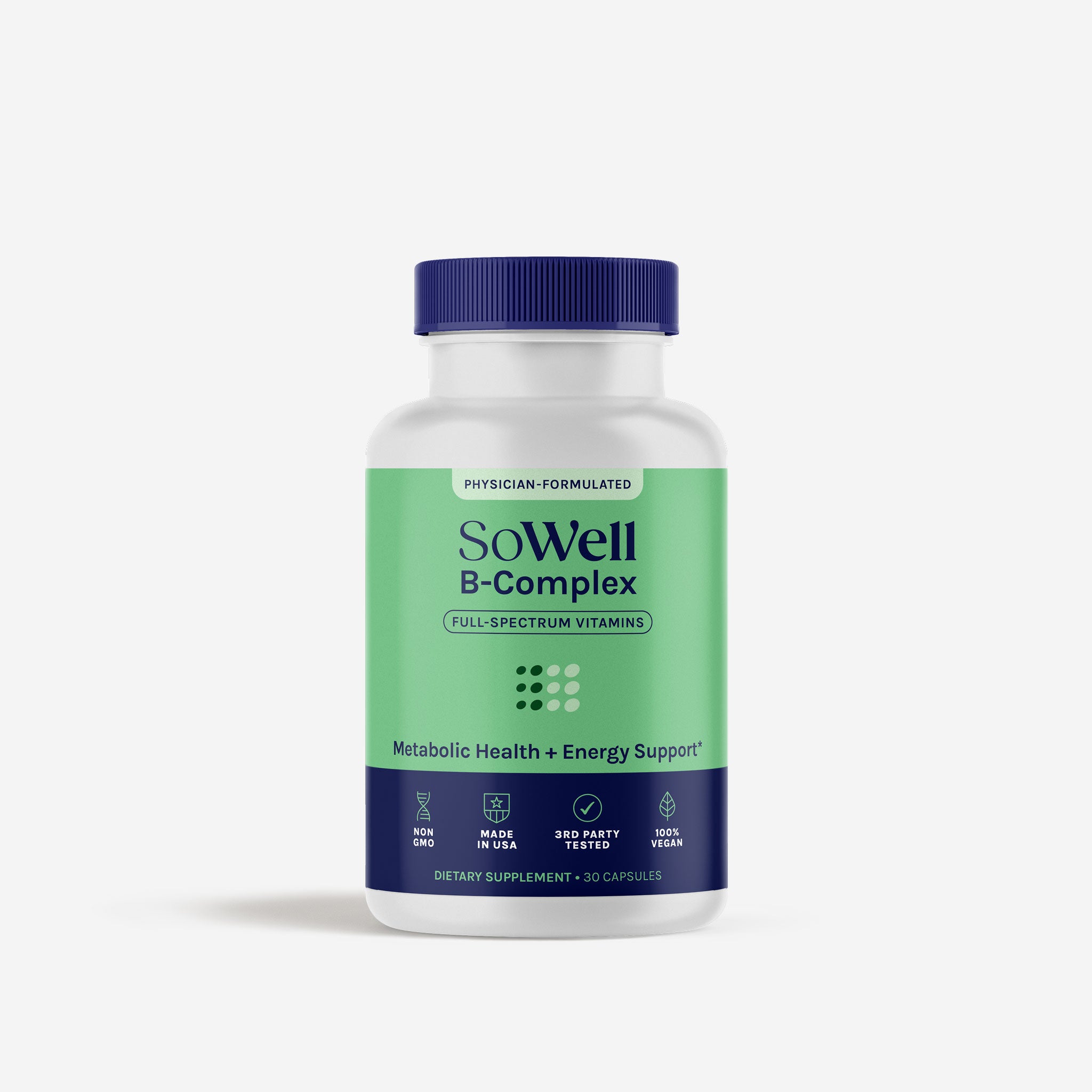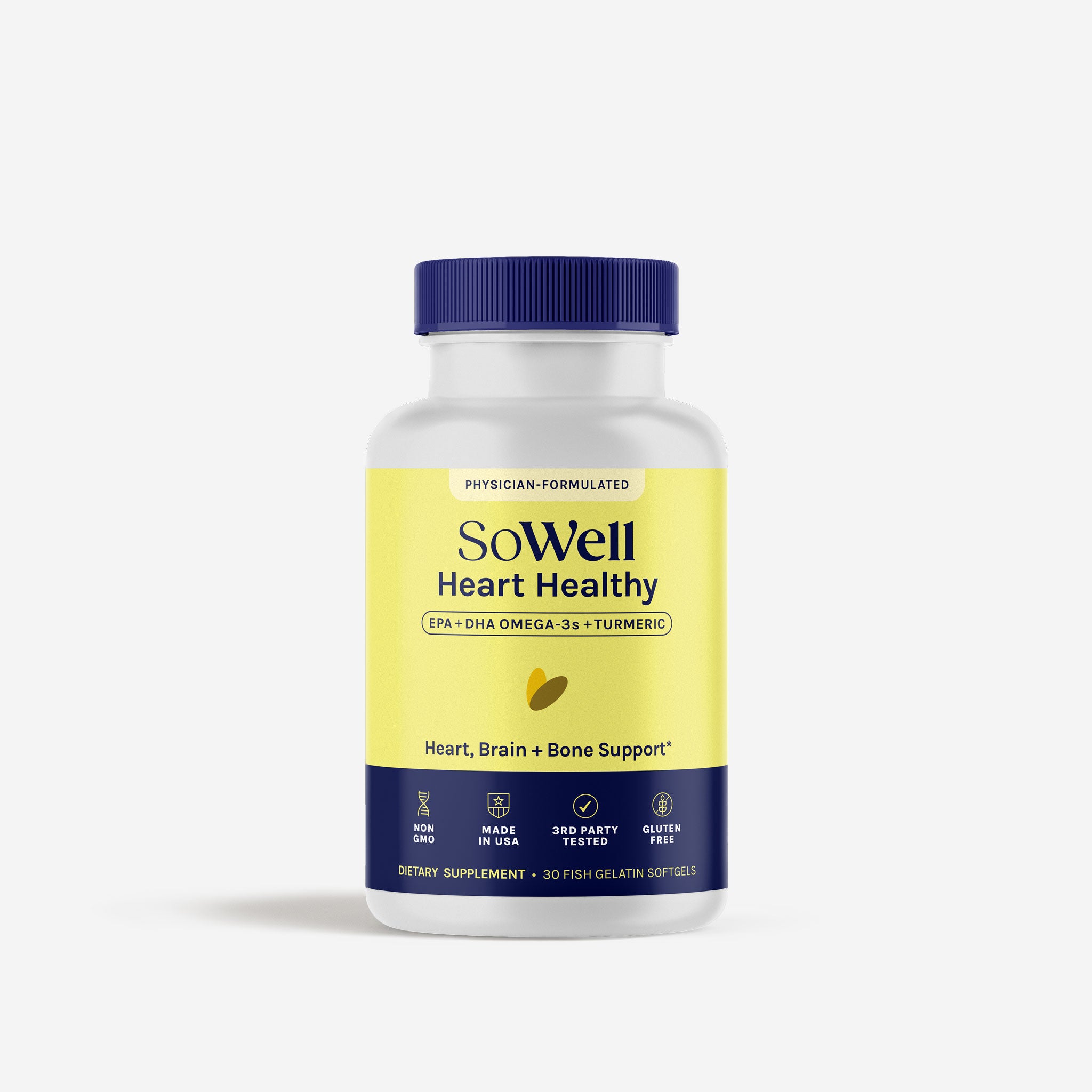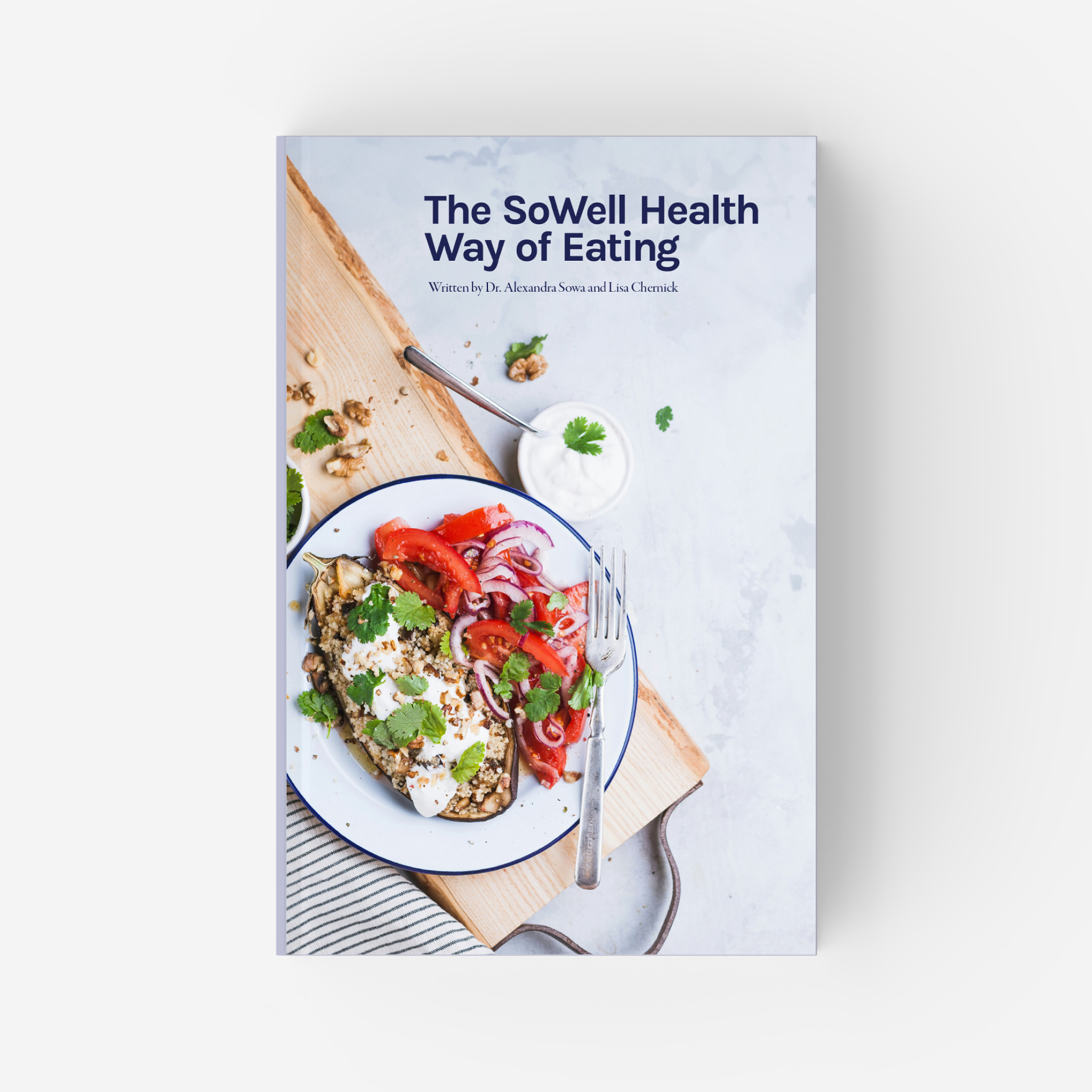
Polycystic Ovary Syndrome (PCOS) affects 1 in 10 women worldwide, with symptoms ranging from irregular menstrual cycles and infertility to weight gain and insulin resistance. For many women with PCOS, managing these symptoms can feel like an uphill battle.
While the cause of PCOS is still unknown, getting a diagnosis can help acess care like GLP-1 medications, which have anecdotally shown very promising results for managing symptoms of the condition.
To qualify for a PCOS diagnosis, a woman must meet two out of the three following criteria:
PCOS criteria for diagnosis
Irregular ovulation
Often this is indicated through an irregular menstrual cycle.
Increased androgen levels
An excess of androgens like testosterone and DHEA-S can signal PCOS on a lab test. Even without lab results, signs of excess androgens like acne or excess body hair can be enough for a woman to qualify for a PCOS diagnosis.
Polycystic ovaries
This can be detected via internal ultrasound or by testing a hormone called anti-Müllerian hormone (AMH) level. These tests are only recommended on adults.
Some signs of PCOS are less clearly linked to ovulation or hormones. For example, many women with PCOS struggle with excess weight, not knowing that a hormonal imbalance is to blame.
To help you understand if you might be suffering from the condition, here's a list of 7 symptoms to look out for:
Irregular Menstruation
When there’s a lack of ovulation, the uterine lining won’t shed every month. Therefore, women with PCOS will have less than eight periods in a year or sometimes none at all.
Heavy Bleeding
Due to irregular menstruation, the uterine lining builds up for a long while. As a result, your period can be heavier than the normal.
Excess Hair Growth
Another name for this is hirsutism and is common in women with PCOS. Over 70% of women with PCOS grow hair on their face, back, chest, belly, and other body parts.
Weight Gain
Although PCOS is not the only cause of weight gain, this is one of the top symptoms. Women with PCOS are usually overweight or suffer from obesity.
Acne
The skin becomes even oilier than it typically is, which usually leads to a breakout. Some places where acne appears are the chest, upper back, face, and more.
Baldness
Another symptom is thinning hair on your scalp. In severe cases, women can experience breakage, clumps of fall out which may lead to baldness.
Darker Skin
Another symptom of PCOS is that dark skin patches begin to form in the groin, underneath the breast, and on the neck.
If you notice any of these symptoms, it's definitely worth talking to your doctor about. If they aren't well-versed in the condition, it's worth finding a clinician who is, because lifestyle changes, medications, and natural remedies can significantly improve symptoms. Don't give up on advocating for yourself!

Natural, full body PCOS support
Because PCOS is a system-wide issue, we developed a natural supplement that helps address the symptoms from multiple angles. SoWell Synced combines clinically-proven amounts of myo-inositol and d-chiro-inositol to help balance blood sugar, while methylated folate and vitamin D support female hormone health.
"I can't live without this supplement! When I take this supplement consistently I genuinely experience relief from my PCOS symptoms within a month including less facial hair, better PMS symptoms, and my period is a bit more regulated. Thank you SoWell!"
